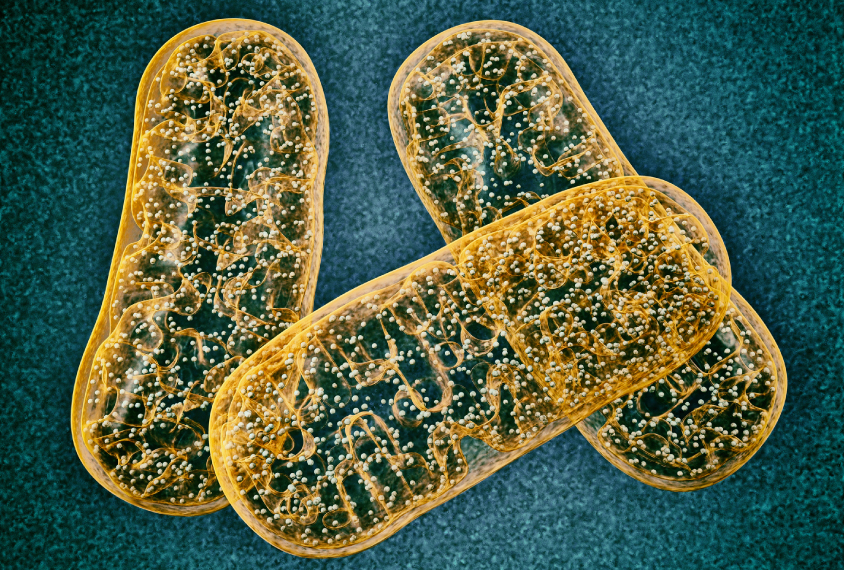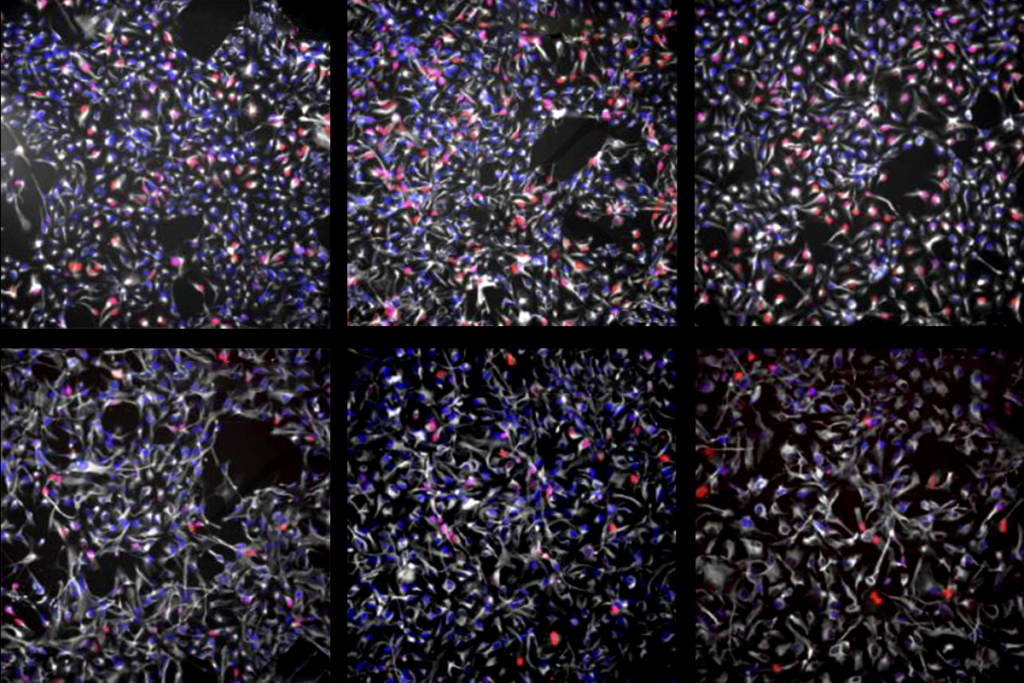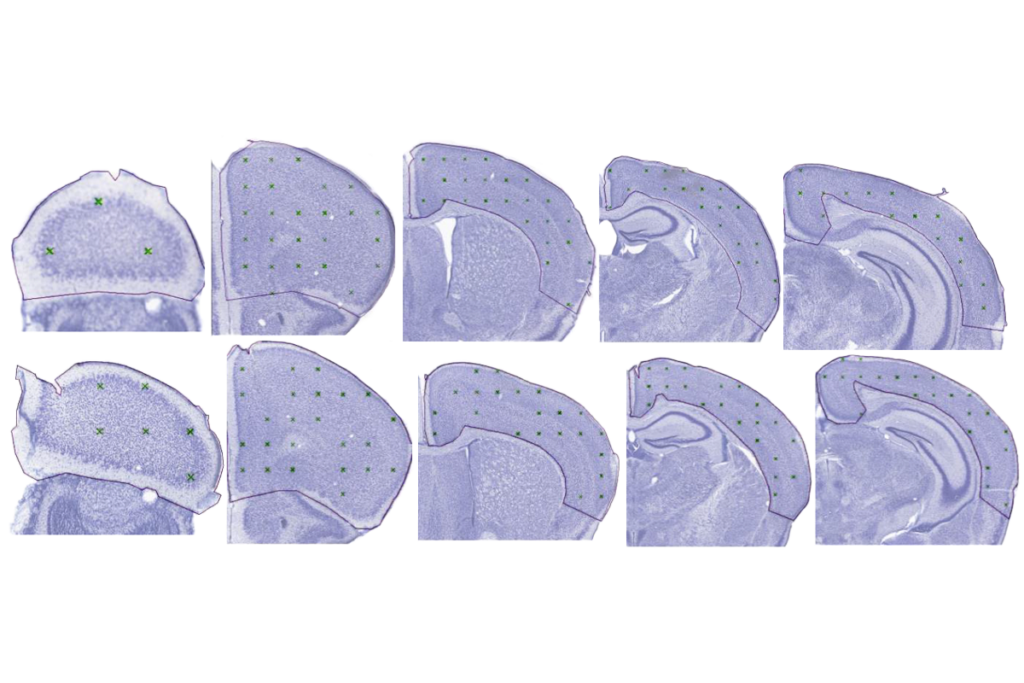
Single molecule tracks with mutation’s path to autism, cancer
A molecule made by mitochondria, the energy factories of cells, might help doctors forecast the impact of mutations in a top autism gene.
Mutations in PTEN, a top autism gene, can lead to autism, cancer — or perhaps both. Levels of a single molecule may predict which of the two outcomes is more likely, according to a new study1.
The molecule, fumarate, is produced in cells as mitochondria extract energy from food. Fumarate levels are lower in people with autism than in those with cancer, the study suggests.
The findings offer the promise of a predictor “at the individual level for who gets cancer and who gets autism,” says lead investigator Charis Eng, chair and director of the Cleveland Clinic’s Genomic Medicine Institute in Ohio.
The work was done in blood cells and is too preliminary for clinical use. But it paves the way toward a biomarker that can signal whether a PTEN mutation will lead to autism or cancer.
“That is one of the most promising biomarkers I’ve seen that can distinguish between autism and cancer,” says Damon Page, associate professor of neuroscience at the Scripps Research Institute in Jupiter, Florida, who was not involved in the study.
Eng’s team analyzed blood cells from 511 people with one of two rare syndromes sometimes caused by PTEN mutations. People with either of these conditions — Cowden syndrome or Bannayan-Riley-Ruvalcaba syndrome — are at increased risk of autism and cancer.
Of the 511 participants, 309 have mutations in PTEN; 111 have problems related to brain development, including 45 who have autism; and 285 have cancer. The team also analyzed cells from 98 controls.
The researchers measured the levels of seven metabolites made by mitochondria during a process that generates energy to power cells.
Metabolic disturbances:
Those who have a neurodevelopmental condition, including autism, have less fumarate and succinate and more lactate than controls do, the researchers found.
And fumarate levels alone distinguish those who have a neurodevelopmental condition and a PTEN mutation. They also distinguish people who have autism from those who have cancer. The findings appeared 3 October in the American Journal of Human Genetics.
The results fit with other evidence that mitochondria may be impaired in some autistic people, says Merlin Butler, professor of psychiatry and pediatrics at the University of Kansas in Kansas City, who was not involved in the study. “Metabolic disturbances through mitochondria could play a role in autism.”
Eng’s team is exploring the mechanisms by which PTEN mutations alter mitochondrial function and metabolite levels.
References:
- Yehia L. et al. Am J. Hum. Genet. 105, 813-821 (2019) PubMed
Recommended reading

INSAR takes ‘intentional break’ from annual summer webinar series

Dosage of X or Y chromosome relates to distinct outcomes; and more
Explore more from The Transmitter
Xiao-Jing Wang outlines the future of theoretical neuroscience

Memory study sparks debate over statistical methods

